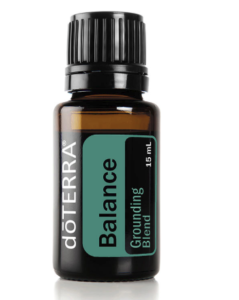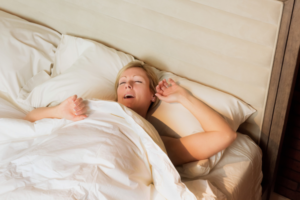SLEEPING BETTER FOR A HEALTHIER HEART
Follow these tips to get the most from your zzz’s!
- Pay attention to quality.
Ideally you want to sleep the whole night through (most experts recommend seven to nine hours), but if you find yourself waking up multiple times a night or being exhausted even after a full night of rest you may have disturbed l sleep. See your doctor for more help in pinpointing what’s going on.
- Don’t get too much of a good thing.
If you regularly sleep more than nine hours a night, it can actually be an indicator of illness or even cardiovascular disease. Again, see your doctor.
- Rise and shine at the same time each morning.

Our bodies function and sleep best on a regular sleeping and waking schedule, so try to go to bed and get up at the same time every day-even on weekends. Make quality sleep a priority! The healing process of the body happens during quality sleep.
- Prepare for bed.
At least an hour before bed, stop watching TV or playing on the computer. Put on some nice. quiet, relaxing music and wind down with a good book or a hot bath. Also, be sure to make your bedroom a serene place, with low lights and calming sounds.  Essential oils help prepare your body and mind to relax and sleep too.
Essential oils help prepare your body and mind to relax and sleep too.
- Plan your healthy lifestyle around sleep.
Alcohol and caffeinated beverages can have a negative impact on sleep. So limit your consumption of both, especially in the afternoon and evening. Also, be sure you’re not exercising vigorously too close to bedtime; morning of early-afternoon workouts are better if you have trouble falling asleep.
- De-stress daily.
Too much stress is bad for your heart and can disrupt sleep. Take time for yourself each day to tame stress. Get out in nature, practice gratitude, take a few minutes a day for self care – your heart will thank you for reducing the stress even for a short amount of time.
- Get out of bed if you can’t sleep.
You should try to use your bed only for two things: sleeping and sex. Anything else-including lying awake, unable to sleep should be done somewhere else in your home.
- Start a sleep journal
lf you aren’t sleeping well, make an appointment with your doctor. Keep a sleep journal for about 10 days before your visit. Write down when you go to bed, go to sleep, wake up, get out of bed, take naps, exercise and consume alcohol and caffeinated beverages. Your findings should help you and your doctor get you on a plan for better sleep.

